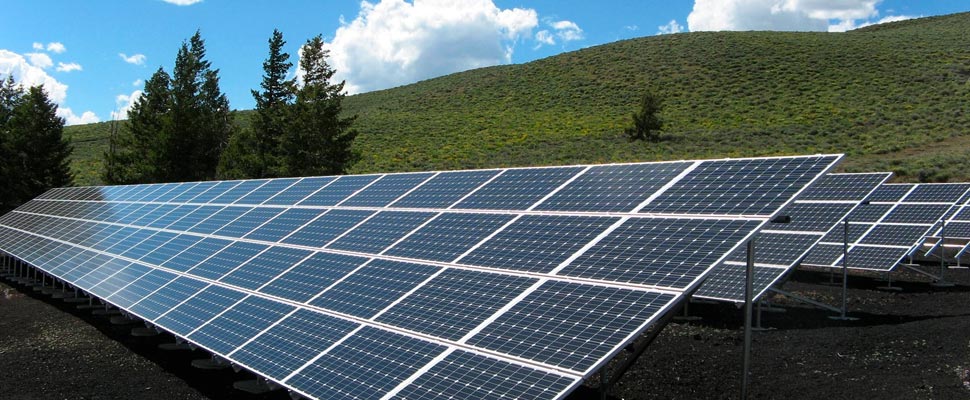These are the sustainable consumption trends for 2021
These are the most important sustainable consumption trends of 2021.

Circumstances have driven sustainable consumption trends through social networks, due to the information boom about new products and healthy habits. Photo: Pexels
LatinAmerican Post | Yuhelis Merida
Listen to this article
Leer en español: Conoce las tendencias de consumo sostenible para este 2021
The trend of sustainable consumption acquired more relevance due to the sensitivity generated by the coronavirus. For this reason, world powers lead campaigns to make the population aware of ecological issues, such as extending the life of existing products and improving the quality of human existence, giving value to the preservation of the health of each inhabitant.
These measures began to be implemented a few years ago, but circumstances have driven sustainable consumption trends through social networks, due to the information boom about new products and healthy habits.
The seven most important sustainability trends
- Companies acquire new climate commitments:
In seeking to limit the average global temperature rise to 1.5ºC and achieve clean emissions by 2050, organizations envision a greener future and their primary vision is to restrict their own emissions.
- Global investors are committed to sustainability:
Pioneering companies joined this new trend seeking to capture the attention of investors and subsequently, they managed to sign manifestos for governments to commit themselves more and more in favor of climate change.
The European Union has an action plan to start an information campaign on climate risk, which is part of a new set of regulations. The European Parliament called for three binding targets: “a reduction of at least 40%
Also read: Yes, it is possible to reduce methane emissions in 10 years
- The purchase of renewable energy is increasingly constant:
Renewable energy is an attractive trend for sales contracts, which will increase during this year.
The Dutch bank ING explains that “Covid has had a slight impact on the growth prospects for solar and wind energy. This year the European market is expected to have a solid growth of 8% and 13%, respectively, in terms of added capacity ”.
One of the great advantages that the industry has is the support of different governments, which attract investors by supporting the sector.
- New transformative technologies:
A new era of technology is looming as new opportunities and business models emerge through physical and virtual avenues. Assets such as electric vehicles, wind turbines, battery storage, photovoltaics, microgrids, and some distributed energy resources are added to digital solutions, specifically, artificial intelligence, blockchain, and big data to make large companies sustainable, efficient, fast, and safe.
The internet and connectivity will continue to boom, showing that the impossible is now possible.
- Reducing carbon emissions as a priority:
This trend emerged in 2019, becoming a priority movement for some countries during 2020, and it seeks to establish itself throughout this year; given the importance, it has for the preservation of the environment. Among the pioneering countries of this change are the United States, the United Kingdom, Japan, China and the European Union.
At the World Climate Summit held in the United States, agreements were reaffirmed and new commitments were born. President Joe Biden took the first step by stating that he will cut his country's greenhouse gas emissions "in half" by 2030. China, the world's most polluted nation, announced a progressive reduction in coal consumption between the period 2026 – 2030. In Latin America, President Jair Bolsonaro committed to the process.
- Circular economy:
Companies have started looking for opportunities until they are identified as viable to adopt circular business models. Therefore, one of the emerging trends of 2021 in the business field is the strategies associated with recycling and the extension of the life of products.
The UN affirms that the circular economy "offers a framework of systematic solutions for economic development deeply addressing the cause of global challenges such as climate change, loss of biodiversity, increased waste and pollution."
- Ecological microgrids are progressively advancing:
These begin to guarantee access to a stable, safe, reliable and efficient energy supply in growth areas and even in regions with energy scarcity. This bidirectional electricity generation system allows the equitable distribution of electricity from suppliers to consumers, through digital technology. This favors the integration of renewable sources, which will aim to save energy, reduce costs and increase reliability.




